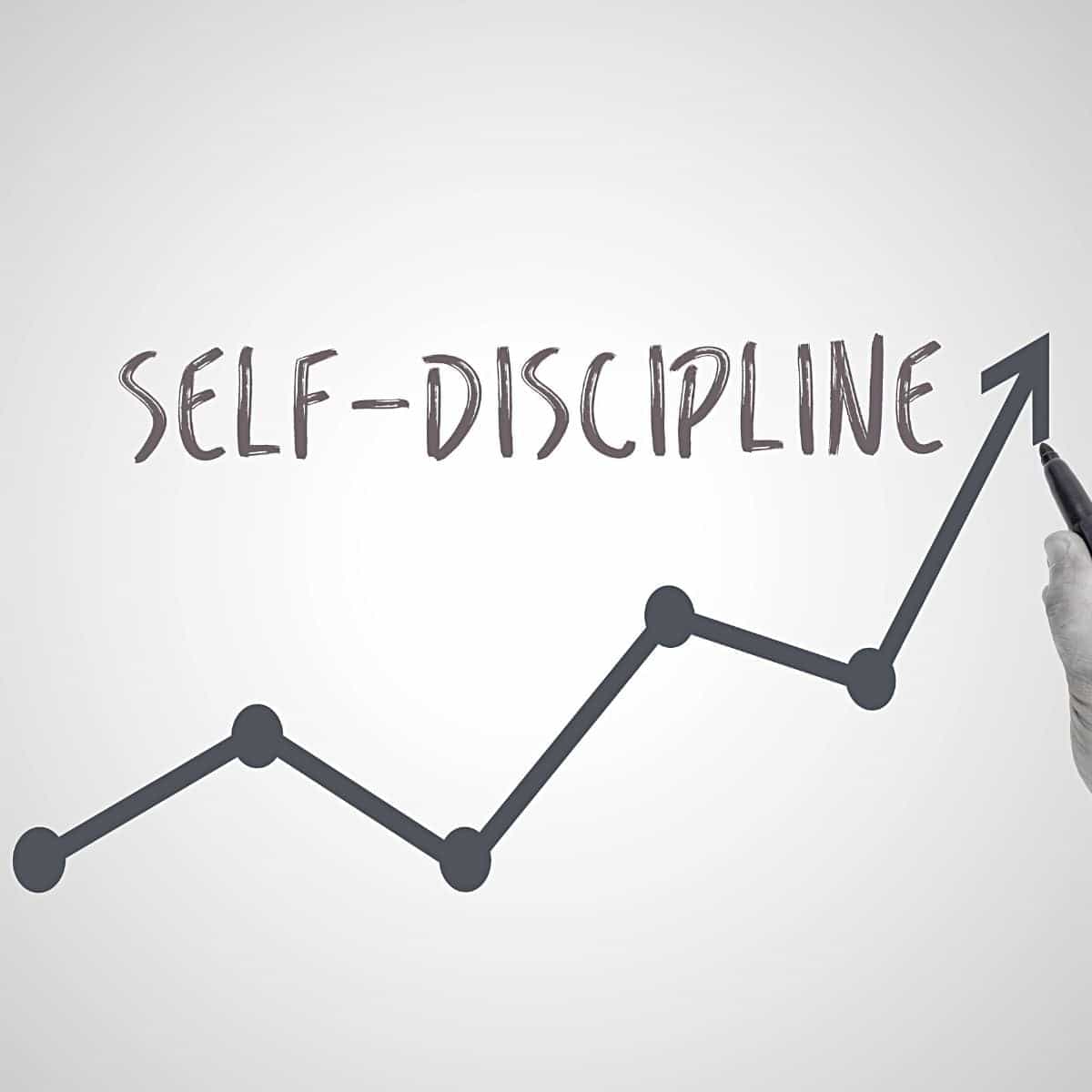Self-discipline is the ability to control your feelings and what you do even if you don’t feel like doing it. Learn how to do it.

Why’s self-discipline important?
Self-discipline is one of the most important skills to learn in life, and by no means is it easy. Although it isn’t easy, developing it will change the way you live and how you feel.
Related: 7 effective ways to overcome adversity
There are many benefits and reasons to build self-discipline. You’ll begin healthy habits, such as exercising, meditating, stretching, reading, and eating better.
It helps you accomplish your goals because you’ll be able to follow through on what you started. Aside from achievement, it also helps you in your finances and relationships.
Self-discipline plays a role in many aspects of your life. By having the ability to control your feelings, emotions, and what you do, you’re more likely to be successful.
How to develop self-discipline
Learning how to gain self-discipline is a game-changer. You’ll stop procrastinating, avoiding problems, and get rid of bad habits. The following are 5 steps that you can do to take control of your life and work towards achieving your goals.
1. Be consistent with small habits
In an ideal situation, you can do anything at any time. You would do it whether or not you feel like doing it. While that would be amazing, it’s not attainable if you’re starting from scratch.
Instead, start with small habits and be consistent with them. Whether it’s drinking a glass of water when you wake up or meeting someone new each day, start small.
Your consistency will build confidence in your ability to follow through. As you prove to yourself that you can stick to something, you’ll also grow in self-discipline.
From there, you can work your way to bigger actions and habits that can make larger impacts in your life.
2. Reduce distractions and temptations
What type of things are distractions or temptations for you? Chances are, you’re already aware of them. While you may not be able to remove them completely, you can reduce them.
By decreasing the number of things that can derail you, your energy and effort are spent on important tasks. You’ll have the self-discipline to stay focused and work on the right things.
Removal is one of the main keys to improving self-discipline because it allows you to have better control of your habits. By creating an environment that encourages you to stay on track, you’ll be in a better position to achieve your goals.
3. Take care of your health
Eating nutritious food, drinking plenty of water, exercising, and getting enough sleep makes a massive impact. If you’re not taking care of your health, improving your self-discipline will be challenging.
When you’re health is in check, you’ll feel better. Although you still have to complete the tasks ahead of you, you’ll go in feeling good. This can give you the energy, positivity, and momentum to accomplish your goals.
Another aspect of health is taking breaks. Being self-disciplined doesn’t mean you’re working 10 hours a day without taking a break.
Schedule time to relax, get fresh air and clear your mind. Breaks are good for you and gaining self-discipline.
4. Get support
Having a support system is vital. Whether it’s your family, friends, or an online group, get support. Not only will they hold you accountable, but they’ll also encourage you to continue developing your self-discipline.
Things won’t always be smooth sailing, that’s why having supportive people in your life is important. They’ll help you get through the tough times, discomfort, and temptation to take the easy way out.
Your support system needs to have people that genuinely care and want you to succeed. It may be difficult to find the right people, but it’s worth doing.
5. Get back up and keep going
You’re not going to be perfect. Building self-discipline is a lifelong journey. You’ll get better at following through on your actions and goals. However, perfection is impossible.
When you experience failure, get back up and keep going. It’s also important to forgive yourself and don’t use failure as a reason to stop.
Don’t be too hard on yourself. Achieving goals, changing, and building new habits are difficult. Naturally, you’ll want to stay in your comfort zone. Applaud yourself for your commitment to building self-discipline and keep going.
You may not reach your goals in the timeframe that you’d like. There’ll be hiccups and mishaps along the way. As long as you have a solid plan to get there and work around things, you’ll reach it.
Conclusion
Self-discipline helps make progress and achieve the goals that you set. It’s not easy, but it’s worth working on.
When you’re improving your self-discipline, don’t forget about why you’re doing something.
When you understand the purpose, you’re more likely to be consistent.
Featured image courtesy of Canva.
